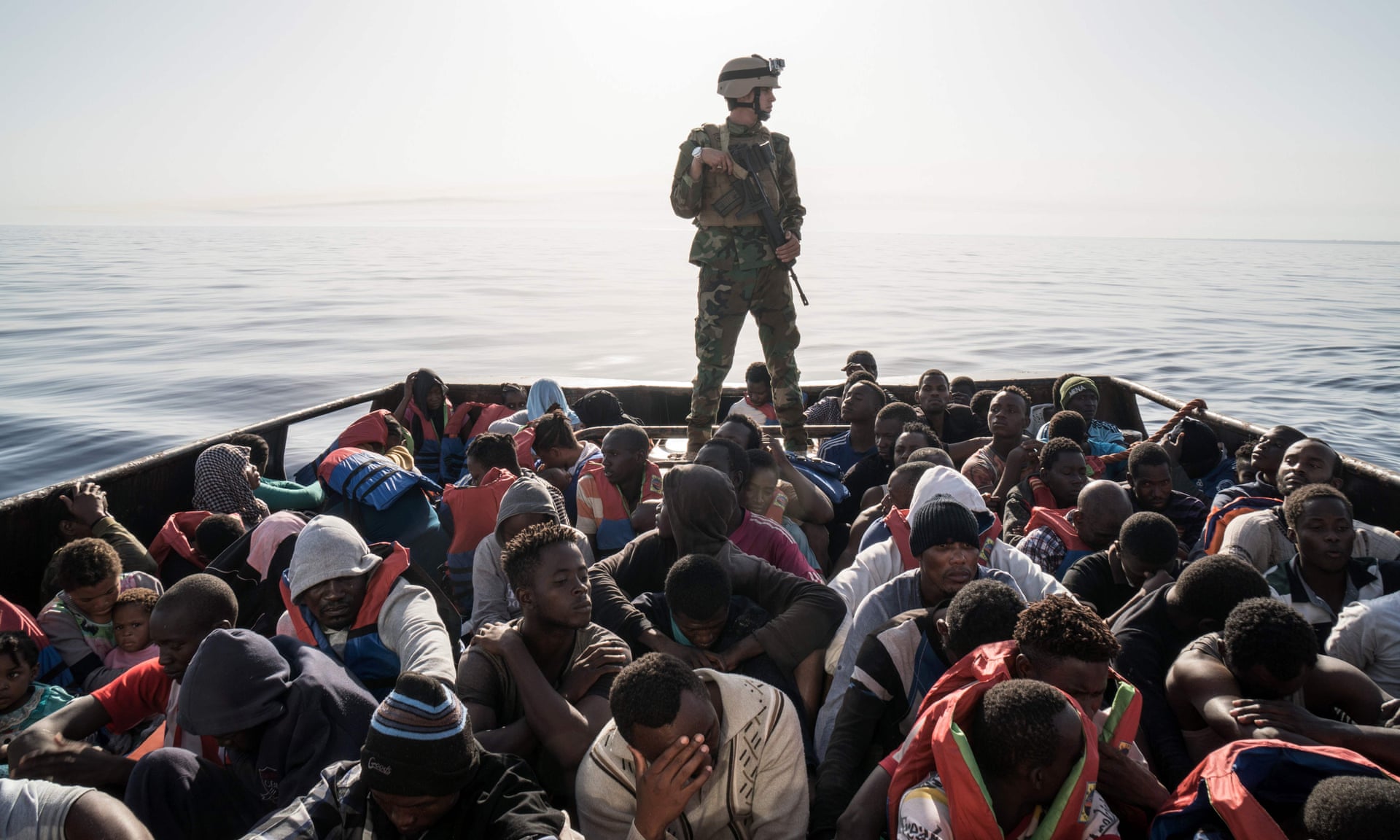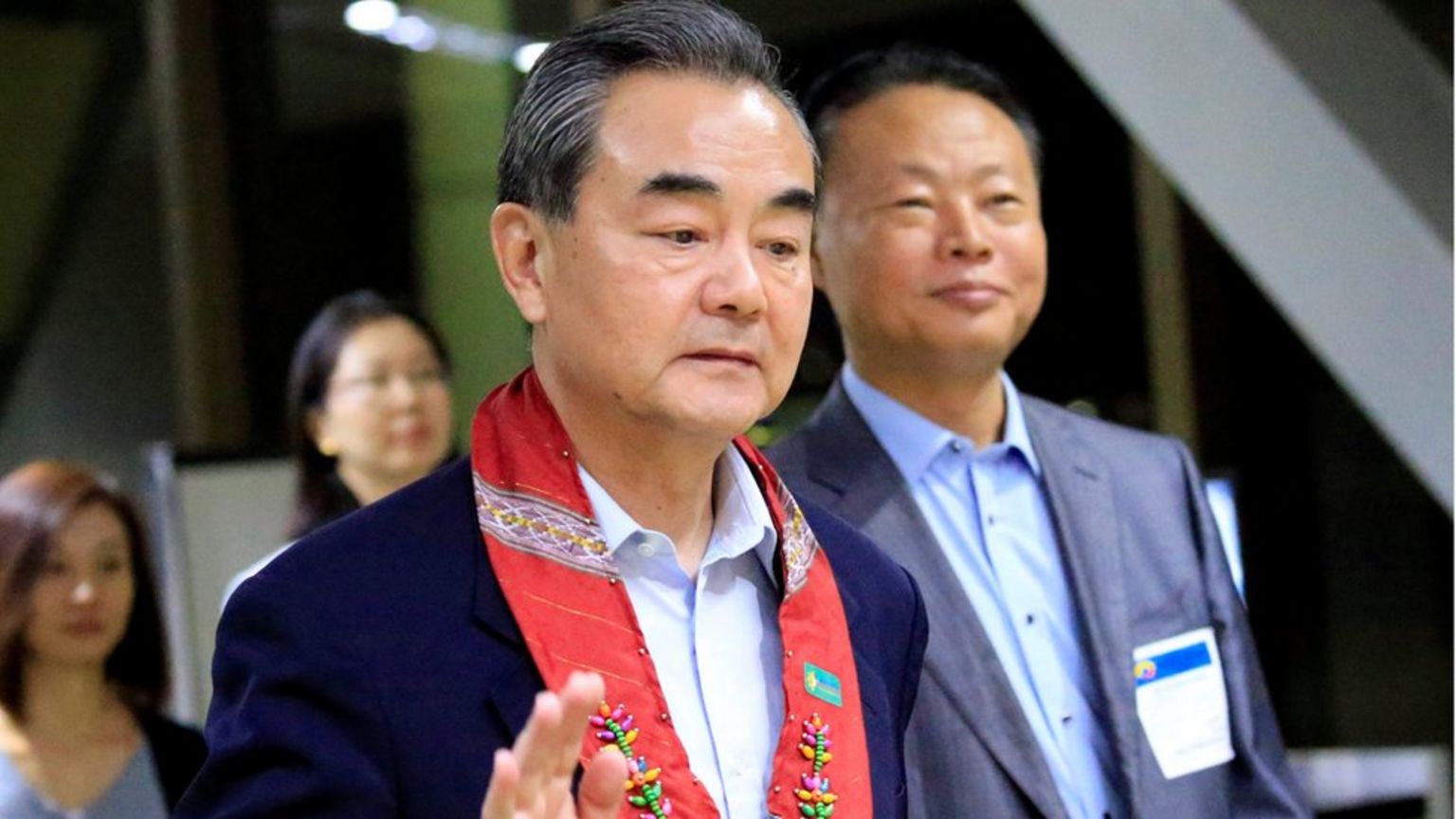ICTJ World Report
View this email in your web browser.
ICTJ World Report
August 2017
In Focus
“This Is Us”: White Supremacy in the United StatesIn the wake of Charlottesville, some took to Twitter to distance the United States from the white supremacist march using #ThisIsNotUs. But this is us, writes Virginie Ladisch, and white Americans have an obligation to educate themselves about the history and persistence of white supremacy in their country.
Subscribe
Forward to a Friend Do you know someone that may be interested in the ICTJ newsletter?
View Newsletter Archive
World Report
AfricaMillions of citizens voted in the presidentital election in Kenya amidst fears of a recurrence of voter-fraud and widespread violence that marked past elections. Opposition leader Raila Odinga claimed “massive” fraud following the reelection of Uhuru Kenyatta, leading to protests. At least five died in the aftermath. Appeals judges at the International Criminal Court ordered to review the case of Laurent Gbagbo, the former president of Cote d’Ivoire who is being charged for crimes against humanity, to determine whether or not he should be released from detention while still on trial. A notorious warlord wanted for crimes against humanity in the Democratic Republic of the Congo, Ntabo Ntaberi Sheka, surrendered to UN peacekeepers and was transferred to stand trial for his allegations. Prosecutors at the ICC have endorsed 121 witnesses, including some forced wives, in the trial of Dominic Ongwen, a former child soldier turned rebel commander accused of war crimes and crimes against humanity in northern Uganda. An estimated 80,000 apartheid victims still have not benefited from the special reparations fund issued by the Department of Justice in South Africa through the Promotion of National Unity and Reconciliation Act, and reported struggling financially with the minimal compensation awarded to them. The Minister of Federal Government in Sudan renewed its efforts to involve armed movements in national peace processes, and to reintegrate demobilized fighters into all states. The proposed genocide apology from Germany for colonial-era massacres committed in Namibia from 1904 to 1908 has been delayed, further impeding upon redress for the approximately 75,000 victims killed by German authorities. The United Nations announced that it was investigating mass graves found in a town in Mali, where various human rights abuses were also discovered by the UN mission in the country over competition for land control.
Americas Colombia’s transitional justice system received case files on 12,000 alleged military criminals and is in the process of verifying which cases qualify as war crimes. The country will institute a transitional justice tribunal and truth commission in the coming months following the selection of judges. The UN also removed more than 7,000 weapons from demobilization zones where former FARC guerillas handed their arms over under the peace deal. Governments in the Caribbean strengthened pressure on Europe to pay reparations for human rights violations committed during the transatlantic slave trade, and included Norway and Sweden in their list of countries to be held accountable. Nurses of the Canadian Association of Perinatal and Women’s Health in Canada are working to seek justice for the hundreds of Indigenous women victims who were forcibly sterilized in Canadian hospitals in the 1970s, and to raise awareness about health care discrimination against Indigenous women specifically. Ottawa also announced its first Indigenous court, which is meant to address the overrepresentation of Indigenous people in Canada’s criminal justice system. In Argentina, four former federal judges in Argentina were sentenced to life in prison for crimes against humanity committed during the country’s last dictatorship
AsiaThe International Commission of Jurists urged reform in Nepal’s transitional justice measures in a discussion paper focused on the inclusion of victims and human rights organizations. Likewise, the budget for rehabilitation allotted for more than seven hundred kamaiya families in the country reportedly failed to utilize 120 million of its rupees or reach just land compensation, but government officials are working on special programs to settle the freed communities. An International Crisis Group report revealed that Tamil speaking women in Sri Lanka are still seeking truth and justice for wartime human rights violations, and that little has been accomplished to reach reconciliation among communities. Aung San Suu Kyi encouraged national dialogue and the inclusion of the military in Myanmar’s move to civilian rule at the Forum on Myanmar Democratic Transition. Meanwhile in the country, women continue to struggle to have their voices heard in peace processes, and are building a rights movement to access full participation.
EuropeA court in Kosovo ruled to detain Agim Sahitaj for committing war crimes against Kosovo Albanian civilians in 1999. The proposed Albanian language law in Macedonia that came from the country’s 2001 Ohrid peace accord and would extend the use of Albanian throughout the region, is set to appear before parliament for adoption soon. The initial releases of the approximately 6,000 men and women held in the Omarska detention camp in Bosnia in 1992 was commemorated on the sixth of August, and victims and other civilians honored those who died under the command of the Bosnian Serb forces. Poland demanded compensation from Germany for World War II damages, claiming that the country has failed to take full political, moral, and financial responsibility.
MenaFollowing protests, Tunisia‘s parliament delayed voting on a bill that calls for amnesty for former public officials accused of corruption during the rule of president Ben Ali. President Michel Aoun of Lebanon visited the historic region of Chouf to celebrate the 16th anniversary of reconciliation between Christian and Druze communities in Mount Lebanon that facilitated co-existence following the country’s Civil War. German prosecutors arrested a 29-year-old man from Syria for alleged war crimes that he committed with the Islamic State after he joined in 2014.
Publications
Not Without Dignity: Views of Syrian Refugees in Lebanon on Displacement, Conditions of Return, and CoexistenceDiscussions about a future return of refugees and coexistence among groups currently at war in Syria must begin now, even in the face of ongoing violence and displacement.
Lessons in Truth-Seeking: International Experiences Informing United States InitiativesThis report disscusses the Greensboro Truth and Reonciliation Commission’s Final Report on the 1979 killings of five anti-Ku Klux Klan demonstrators. It focuses on a meeting of representatives from truth recovery efforts around the world to assess the Greensboro experience.
More Publications Upcoming Events
Negotiating Peace and Justice: ICTJ’s 2017 Intensive Course on Transitional Justice and Peace Processes Location: Barcelona, Spain View Details
22nd Workshop in Budapest: Practices of Memory and Knowledge Production Location: Budapest, Hungary View Details
More Events
Copyright 2011 International Center for Transitional Justice Unsubcribe from this newsletter.
You are receiving this email because you subscribed to our mailing list.
ICTJ | 40 Fulton Street, Floor 20 | New York, NY USA 10038 | Tel: +1 917 637 3800







